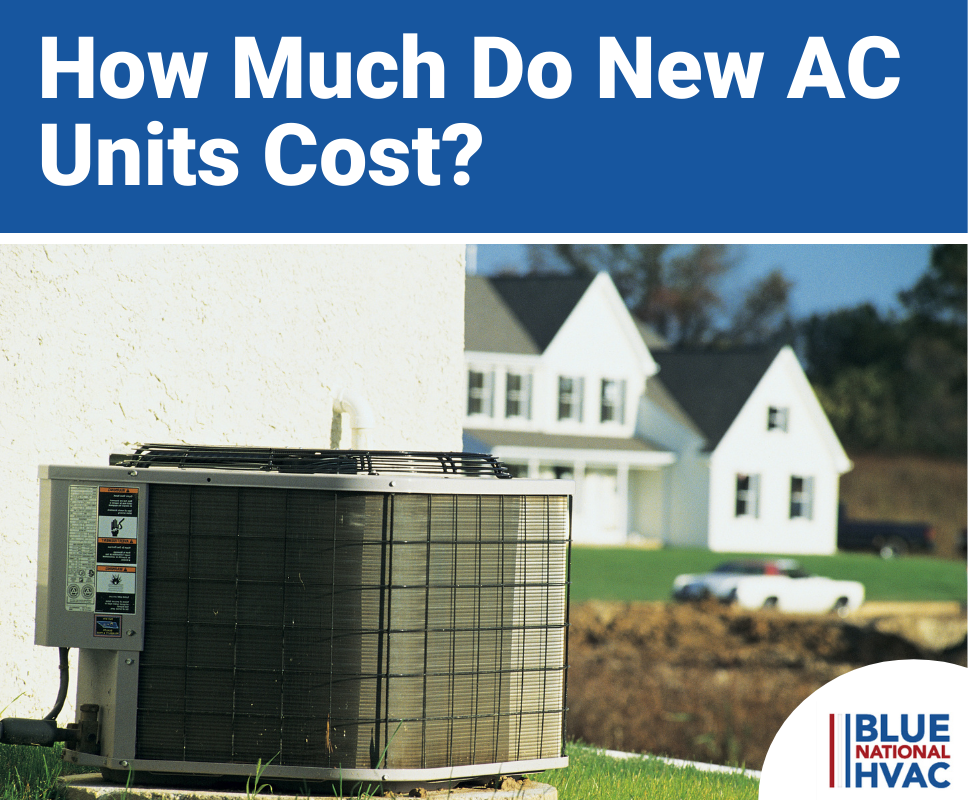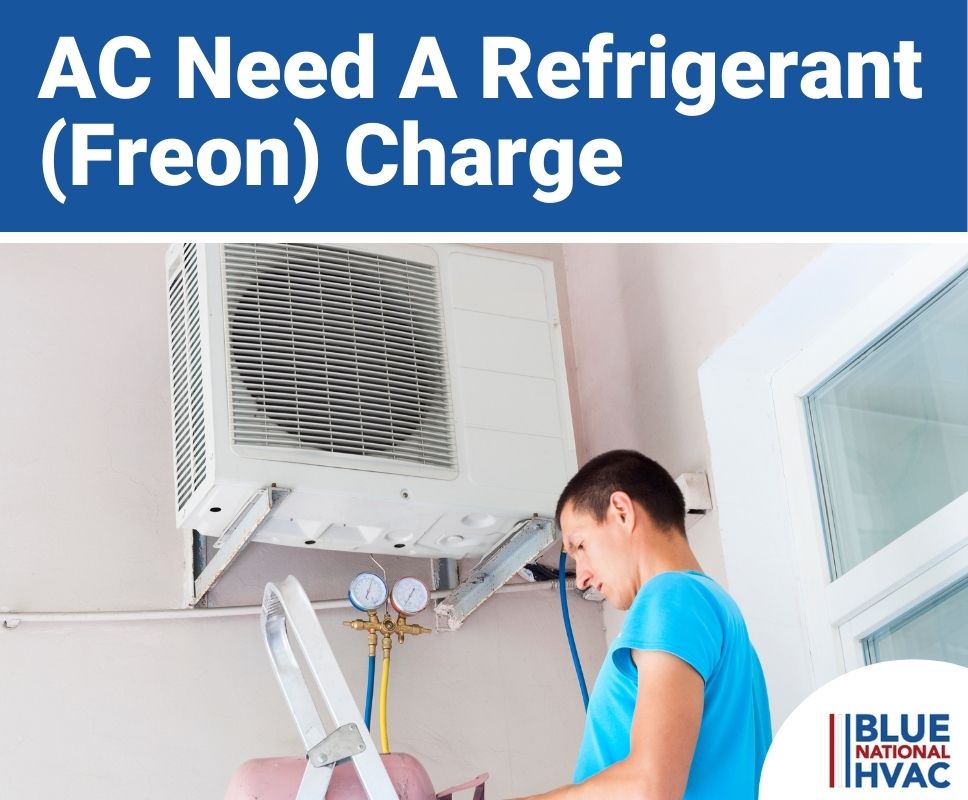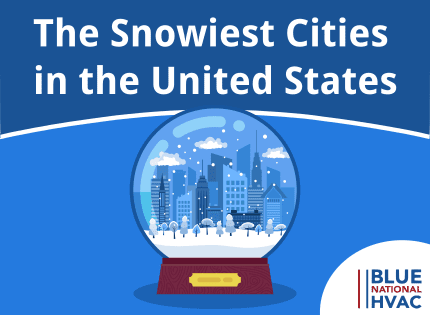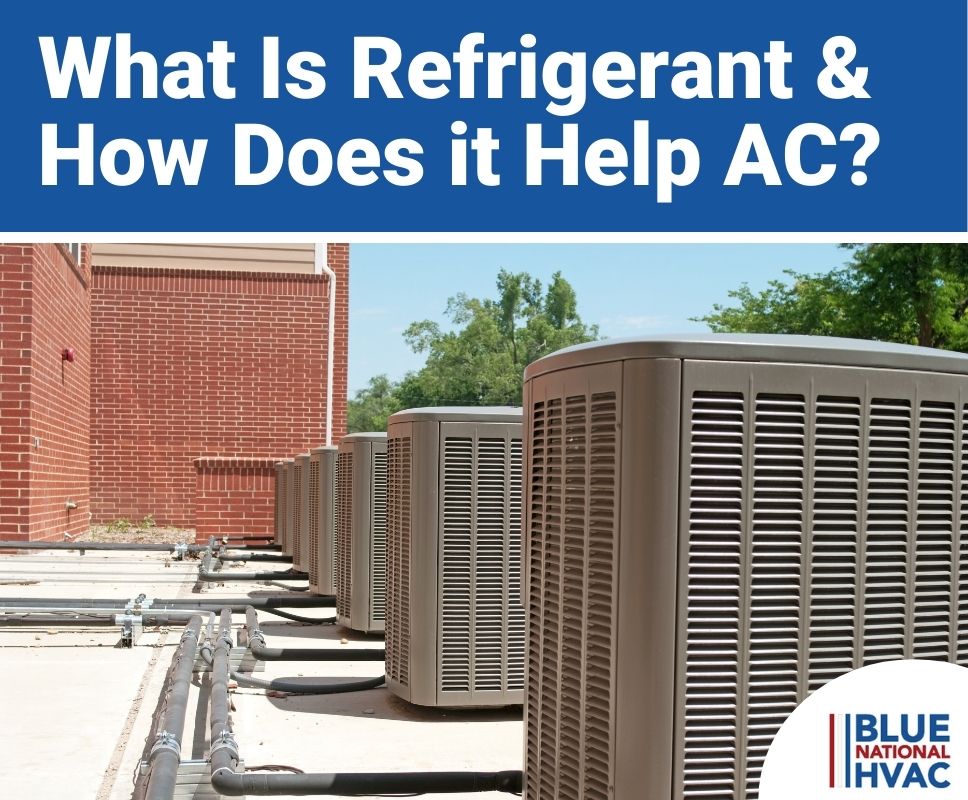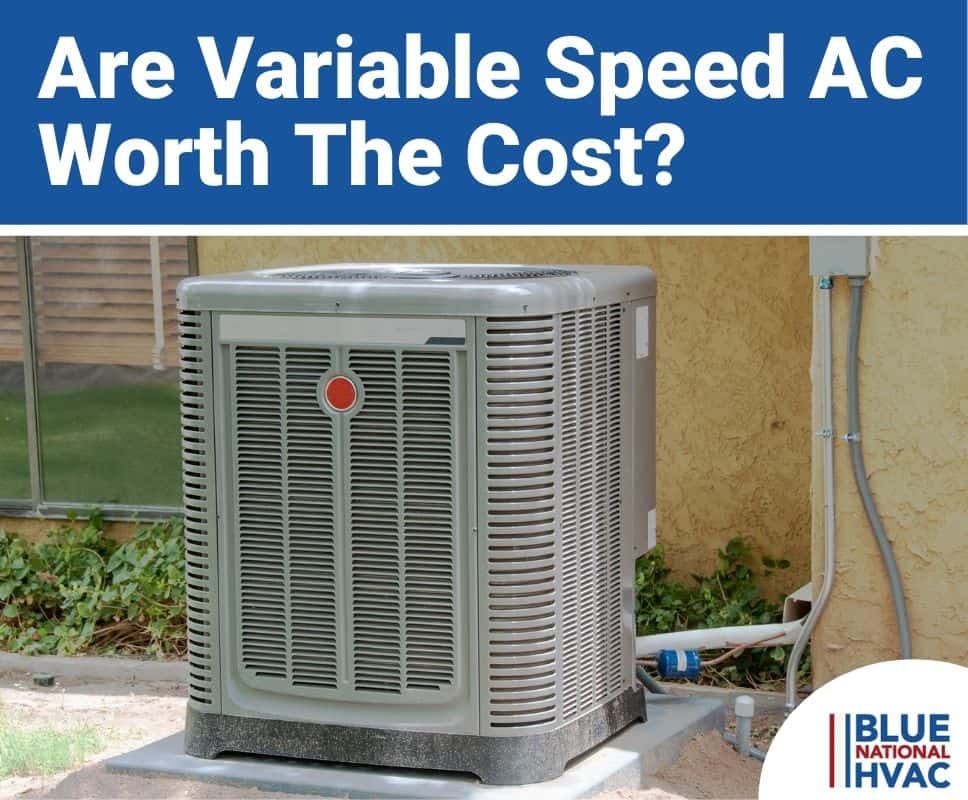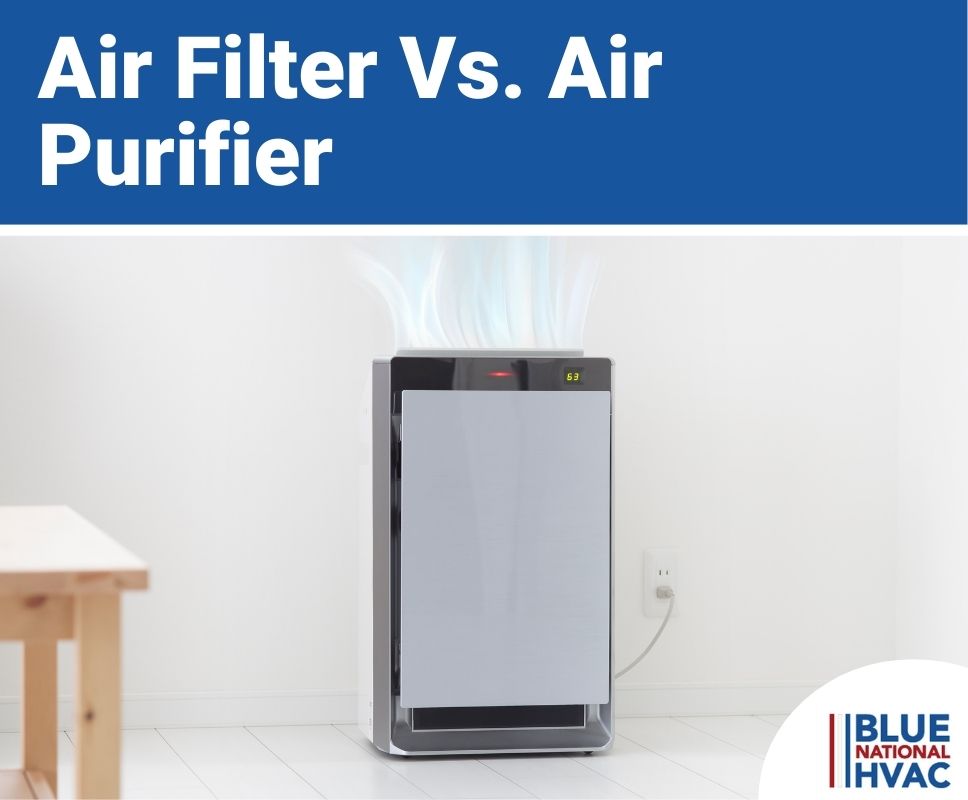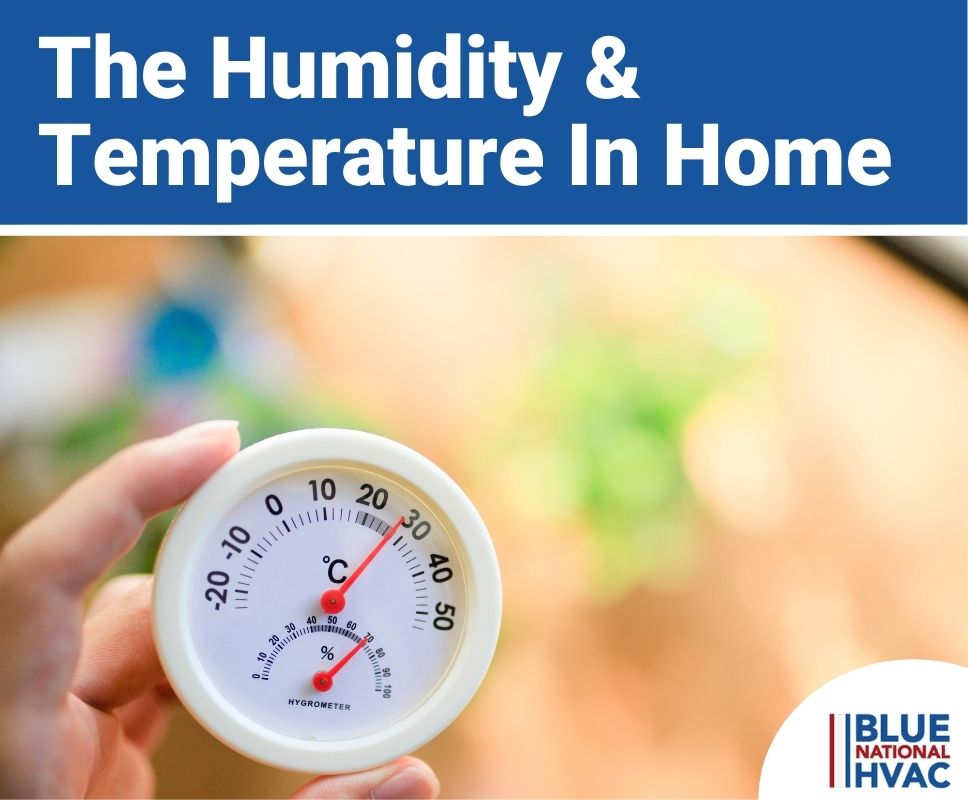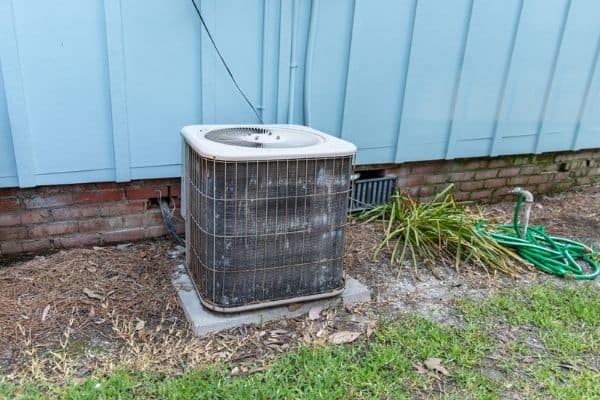Contents (Click To Jump)
What Are The Different Types of Air Conditioners and Their Costs?
Different air conditioning systems can vary drastically in their price. A simple window air conditioner is usually the lowest cost system of all. While full packaged air conditioners and high-end central air conditioning units are generally the most expensive.
All air conditioning units work on the same basic principle, the vapor-compression refrigeration cycle. Even though they use the same operational concept, there are many differences in design, size, output, and more, that contribute to the cost differences between systems.
The average cost for purchase and install of a new central air system costs on average $2,600 to $12,200.
Central Air Conditioners
A central air system will run between $1,600 and $4,200 just for the system alone, depending on the system’s capacity and brand. Installation costs ranges from $1,000 to $8,000 and various based on your home’s factors like if you have existing ductwork.
Top brands include American Standard, Carrier, Amana, Lennox, Goodman, Trane, Rheem, and York, just to name a few.
A central AC unit includes both an indoor and outdoor unit that are connected with refrigerant lines and blow air through your ductwork. They are typically paired with a separate gas furnace that heats your home.
There are pros and cons to each system, so take those into account when deciding on the best model for your home.
If you’re looking for an air conditioner replacement, one of our HVAC contractors can help you with recommendations too and satisfy your cooling needs.
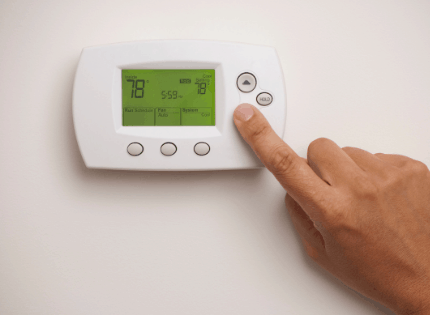
Air Source Heat Pump
The average price of central air source heat pump systems is about $3,600 to $5,500 and they have an above-average installation cost between $11,000 and $20,000.
Air source heat pumps are more complex HVAC units and more expensive to install because they provide both heating and cooling to your home.
Additionally, air-source heat pumps require ductwork to operate. If your home does not have ductwork at present, you’ll need to pay to have that installed too, so keep that in mind as you weigh the costs and benefits of this system.
Ductless Mini-Split Heat Pump
Ductless mini-split heat pumps are much easier to install because of their size and simplicity. As such, the installation costs are on the lower end.
Similar to air source heat pumps, mini-split systems work as both a cooling system and a heating system. They are great options for older homes.
A single zone (one room) ductless mini-split costs between $3,500 to $6,200 for the unit itself and installation costs. Adding in more zones or rooms will cost around $2,000 to $3,000 more per zone (per indoor unit).
If you do not have ductwork in your home or only need to heat and cool a small area, ductless mini-split systems are great options. They save you from having to pay the major expense of ductwork installation.
Window AC Unit
Window AC units are the simplest air conditioners of them all. You can install them into your window yourself with proper care. The prices of window units range from $100-$600.
The downsides of window AC units are that they block access to your window, don’t look appealing to the eye from outside, only cool one room, and have a risk of falling.
Portable AC Unit
A portable AC unit is essentially a window AC unit on wheels. They have a heat exhaust that goes through a window or a hole that leads outside. Their prices and sizes vary, but you can expect to find decent ones for around $200 to $1,000.
Additionally, there are different types of portable units ranging from split systems to evaporative systems. You can find portable AC units in most hardware stores and various online merchants.
How Much Does Air Conditioner Installation Cost?
Air conditioner installation is typically performed by an HVAC contractor or an AC installation specialist. Installation prices will depend on your geographic location, local labor rates, and installation complexity.
On average, in the US, homeowners pay between $4,000 to $8,000 for a standard installation for a new installation if there is no existing ductwork. This number will also vary depending on the brand, type, tonnage, and SEER rating of the system you have installed.
AC Installation Total Cost
If you purchase a more complex type of air conditioning system like central air, air-source heat pumps, or a packaged air conditioner, the chances are that you do not have the skills or knowledge to install it yourself.
Therefore, you will have to pay an HVAC contractor to do the HVAC installation for you. You can expect to pay around $1,000-$2,500 to install a central AC system or air-source heat pump, assuming you’re replacing an existing sys have pre-existing ductwork.
Costs per Tonnage and SEER Rating Costs
The unit size or capacity of the air conditioner you need will mostly depend on the size of your home. As a rule of thumb, 1 ton of cooling capacity is needed per 400 square feet of living space. So, if you have a 1,600 square foot home, you would need a 4-ton AC unit. This is why it’s so important to buy the proper AC system for the square footage of your home.
However, a few other factors, like the number of windows and layout of the house, go into determining a proper tonnage system for your home.
To properly size an AC system, homeowners can use the Manual J calculation and a load calculation or hire one of our professional HVAC contractors to do it for them.
For most average two-story homes, a 3-ton, 4-ton, or 5-ton system is typically sufficient capacity to cool the entire house. In general, a 3-ton AC unit costs from $3,500 to $6,000 and a 5-ton unit costs between $4,800 to $7,000.
AC units come in 0.5-ton increments, so you should be able to get a ballpark estimate knowing the price ranges for 3 and 5-ton units.
SEER Ratings & AC Unit Costs
The SEER (Seasonal Energy Efficiency Ratio) rating is another important factor that plays into the average cost of an air conditioner.
Units with higher SEER ratings have higher efficiency ratings and, as a result, higher prices. For instance, a high-efficiency 16 SEER unit costs $6,600 while a 14 SEER unit costs $3,500-$5,800 on average.
The reason for this, though, is that higher rated SEER AC units (two-stage or variable speed) have better blowers, compressors, and condensers which is the main driver for their higher price points.
Remember, higher SEER means more energy efficiency and will lead to lower energy bills in the future. So your decision on the SEER rating of your unit shouldn’t only be based on the system’s initial cost.
Air Conditioner Capacity & Cost
Air conditioner capacity relates to the air conditioner size you need to effectively cool your home.
To get the best cooling and energy efficiency, you will want to have your AC system adequately sized – not too big, not too small.
However, air conditioners with higher cooling capacities will typically have a higher cost.
Cooling capacity is measured in British Thermal Units per Hour (BTUh) or tons/tonnage.
A BTU is the amount of heat needed to raise one pound of water by one degree Fahrenheit. It’s commonly used as a measure of energy; therefore, a BTUh is energy used over time.
12,000 BTUh is equivalent to one ton of cooling capacity. Residential AC units range from 1.5 to 5 tons (18,000 – 60,000 BTUh) on average.
In general, you need a higher tonnage for a larger home, and yes, it will cost more. But, ensuring that your unit is right-sized for your home will help it function optimally and last as long as possible, so it’s worth the upfront costs.
What Other AC Unit Cost Factors Should You Know About?
While the cost of the AC unit itself and the professional installation will make up the bulk of your total costs, there are a few other factors that can impact the bottom line cost as well.
Between ductwork, thermostats, and proper insulation, the total cost of a new AC unit for your particular home can vary beyond what we’ve outlined here.
So let’s dive into some of these additional costs to help you determine what other cost factors you should think about before you dive into purchasing a new unit.
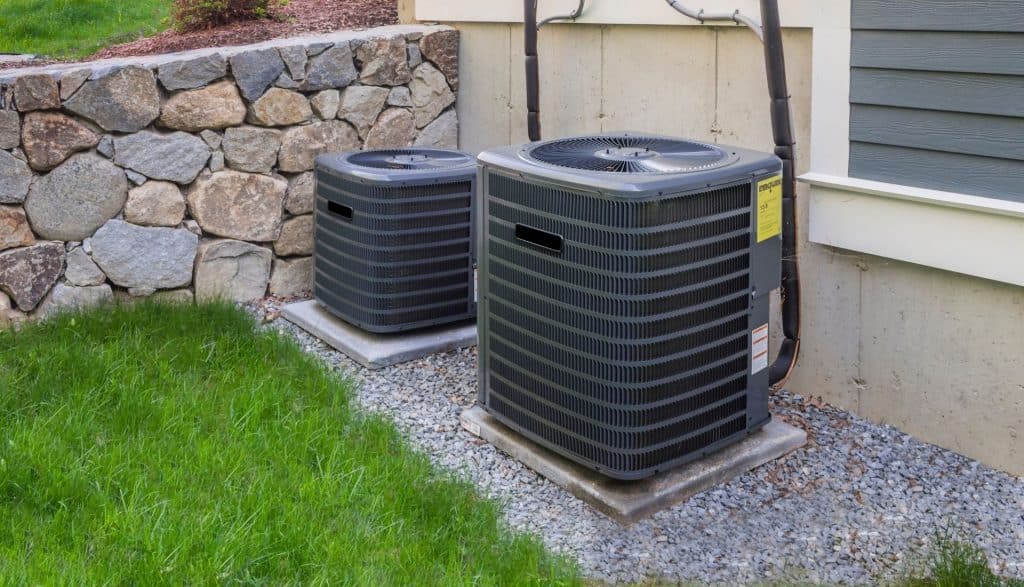
Ductwork Cost
If you do not have existing ductwork and want a central AC unit or air source heat pump installed, you will need to factor in that additional cost.
Ductwork installation varies widely in cost. The reason for the significant variance depends on the size of the home, the number of rooms, how much ductwork needs to be installed, and how far away the rooms are from the AC unit.
However, pricing typically ranges from $2,500 to over $10,000, depending on the installation complexity.
Thermostats
Depending on the AC unit you choose to go with, you may need to factor in the cost of a thermostat installation as well.
Thermostats are wall-mounted devices that control your heating and air conditioning in your home. To further minimize your operating costs, you should consider going with a smart, programmable thermostat.
Smart thermostats can be controlled locally or by a smartphone and can be programmed to optimize energy. For example, they can turn off the AC at night or change your AC set point higher when you’re away for the weekend.
The savings provided by smart thermostats are incremental in the short term but can add up in the long term, especially if energy costs continue to rise. You might save $100-$200 per year with a smart thermostat.
Smart thermostats are designed to make your AC system run as efficiently as it can. Running efficiently is valuable – efficient operation means less wear and tear, which means less maintenance and repairs too. This will leave more money in your wallet.
Brand
The brand of the AC unit you choose can have a big impact on the total cost of your new system.
For example, higher-end brands like Trane, Carrier, and York charge a premium for their name, quality, and industry track record. Whereas other manufacturers like American Standard, Lennox, Goodman, and Amana tend to cost less for comparable equipment.
Ultimately, whatever brand you choose should be the best unit for your unique situation. It’s not always worth it to pay a premium for a well-known brand if they’re not the right solution for your home.
Insulation
While there are many factors that contribute to the overall cost of your AC unit and installation, having proper insulation throughout your home can create significant cost savings.
Not only does this standard home improvement measure make heating and cooling your home far more efficient, but it can extend the lifespan of your HVAC system by not overtaxing it on a regular basis. If you haven’t had your home’s insulation looked at or updated in a while, it’s worth contacting a professional to see how much it would cost to update it.
All of this could potentially save you a few hundred dollars in a given year.
Rebates
One way you can create additional savings on your new AC unit is by taking advantage of any rebates you can find.
When you purchase a new AC unit, check with your local utility company and HVAC contractor to determine if there are any rebates available.
A rebate can potentially save you $100-$500 or more on a new system. You can also save on future costs with a warranty.
Additionally, you can check for local, state, or federal tax credits or incentives for purchasing an energy-efficient air conditioning system to recoup some of your costs.
What Should You Look For In An AC Specialist?
If you’re looking for a highly experienced HVAC professional to answer all of your questions and give you an estimated price for AC unit installation, don’t hesitate to reach out to one of our professionals today!
Even if we don’t have an office near your location, we’ll put you in contact with one of our trusted partners to make sure you get to work with the best AC specialist in your area.
Our pros are courteous, informed, and experienced and will happily answer all of your questions and evaluate your unique situation so you know you’re getting the best, most cost-effective solution for your home.

